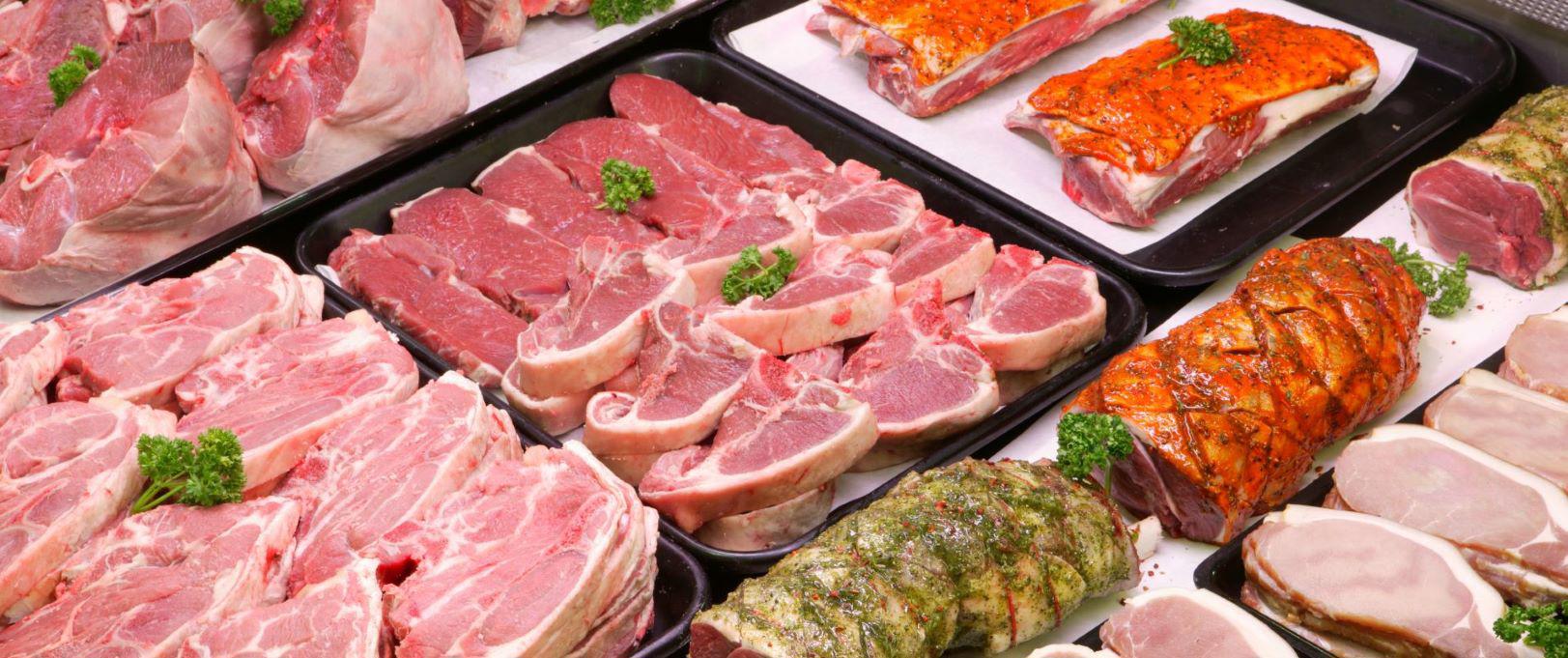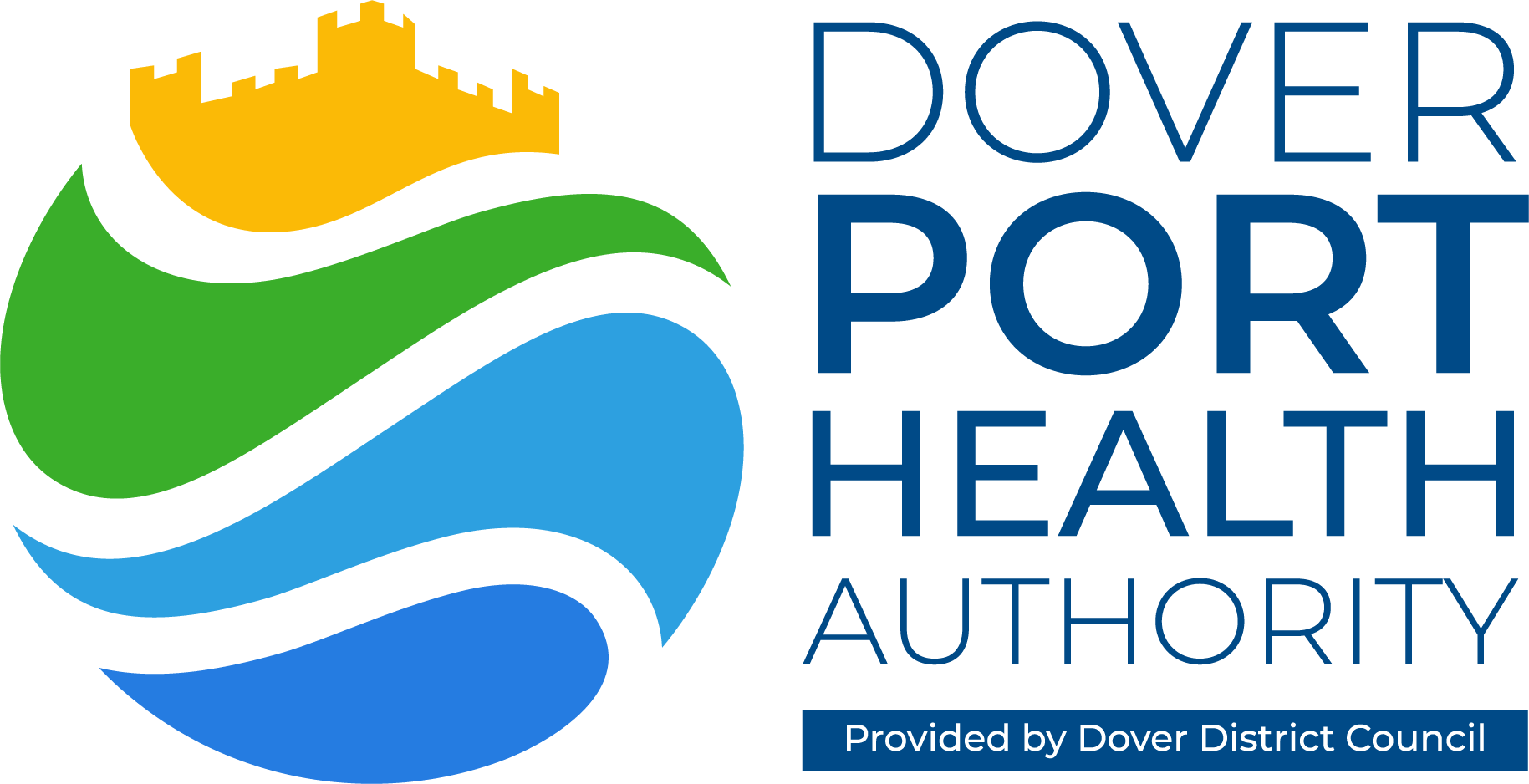BTOM Import Changes from 31st January 2024

The import rules are due to change from 31st January 2024 with the implementation of The Border Target Operating Model. This will be conducted through the three phases:
- 31 January 2024 – The introduction of health certification on imports of medium risk animal products, plants, plant products and High-Risk Food and Feed of Non-Animal Origin (HRFNAO) from the EU.
- 30 April 2024 – The introduction of documentary and risk-based identity and physical checks on medium risk animal products, plants, plant products and HRFNAO from the EU. The Government will also begin to simplify imports from non-EU countries. This will include the removal of health certification and routine checks on low risk animal products, plants, plant products from non-EU countries as well as reduction in physical and identity check levels on medium-risk animal products from non-EU countries.
- 31 October 2024 – The requirement for Safety and Security declarations for imports into Great Britain from the EU or from other territories where the waiver applies will come into force from 31 October 2024 as set out in the original Target Operating Model. Alongside this, we will introduce a reduced dataset for imports and use of the UK Single Trade Window will remove duplication where possible across different pre-arrival datasets – such as pre-lodged customs declarations.
BTOM categories from the 31st January:
Low
- Must be pre-notified using IPAFFS before the goods arrive in Great Britain. The system will create a CHED instead of an IMP notification from the 31 January 2024.
- Must be accompanied by a commercial document from the supplier.
- There is no need for a health certificate.
Medium
- Must be pre-notified through IPAFFS before the goods arrive in Great Britain. The system will create a CHED instead of an IMP notification from the 31 January 2024.
- From 31 January 2024 the consignment must be accompanied by a health certificate issued by the competent authority in the country where the goods originate.
High
- Must be pre-notified using IPAFFS before the goods arrive in Great Britain. The system will create a CHED instead of an IMP notification from the 31 January 2024.
- The consignment must have a health certificate issued by the competent authority in the country where the goods originate.
- Most consignments in the high BTOM risk category are already subject to physical import checks. These checks will continue in the same way after 31 January 2024.
Charges from January 31st 2024
DPHA will not be introducing any new charges from January 31st. All charges are reviewed annually, and any increase or changes will be implemented from 1st April each financial year.
PHILIS Notifications
Please continue to pre notify us for the following consignments on PHILIS.
- IUU Fish
- Organics from rest of the world countries
- Plastic Kitchenware for China and Hong Kong
- HRFNAO- These are notified on IPAFFS
Other Information
If your consignment is in the medium or high BTOM risk categories, but there is no health certificate for the goods you want to import from the EU, Switzerland, Norway, Iceland and Liechtenstein, you may need an import licence or authorisation. Contact the Animal and Plant Health Agency (APHA) Animal Imports team if:
- there’s no licence for your animal or germinal product
- you’re not sure if you need a licence
Contact Us
Please contact us if you have any questions regarding the above.
Email: porthealth@dover.gov.uk
Telephone number: 01304 872216
